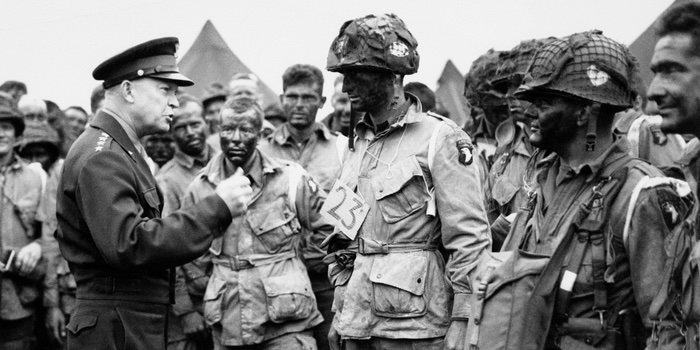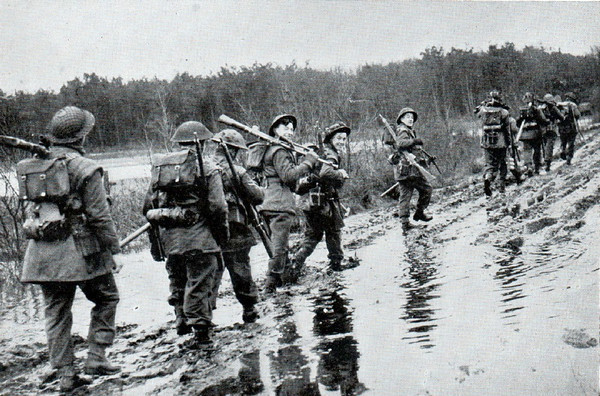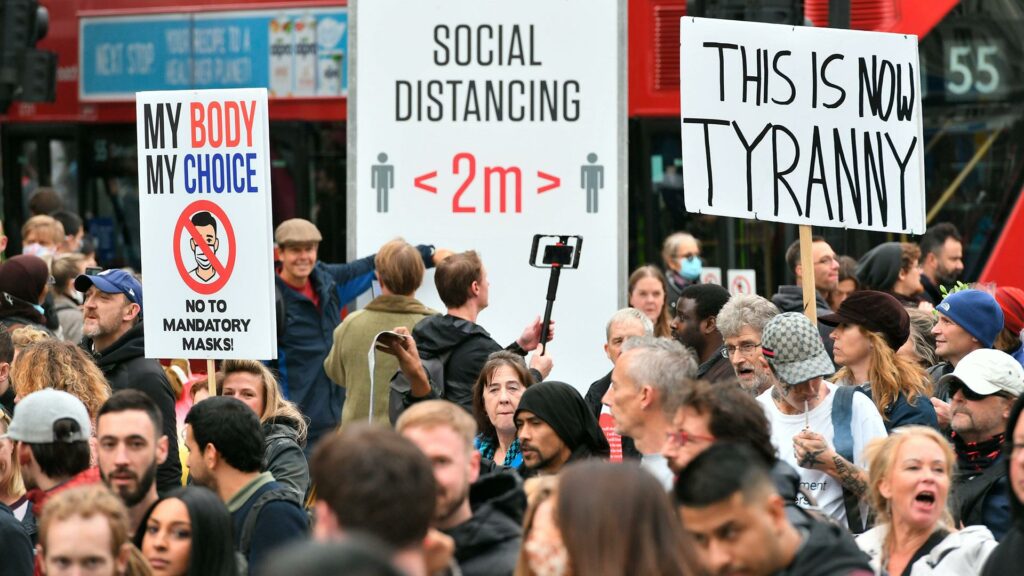Everyday heroes – Will S
On Sunday 14th November, a terrorist in Liverpool attempted to suicide bomb a hospital. He was in a taxi, on his way to the Liverpool Women’s Hospital, inside which it is believed he intended to detonate an improvised explosive device. There have been unconfirmed reports that the taxi driver realised that the terrorist, Emad Al Swealmeen, had a bomb, and upon realising this had locked the taxi doors to stop the potential deaths of many people. The driver in question, David Perry, if this is true is undoubtedly a hero. Somehow, he managed to survive the blast with minimal injuries, but not knowing he would survive, probably thinking he is about to die, he made the choice to sacrifice himself to prevent the attack killing more than just him and the terrorist.
In my mind, this is an example of an everyday hero – a normal person with a normal job going out of their way to save others, potentially at the cost of their own lives. This is the most recent example of this behaviour, but it is something ever-present in our lives. Over the weekend, we all marched around the parade square to show our respect for those who have lost their lives at war. Numerous people proudly wore their relative’s medals, to pay their own respects to their close family that fought for their country. Whilst of course lives lost recently in wars are of no less significance than those in the world wars, to look for these everyday heroes we must look back to these tragic wars. Millions of men across the country were conscripted into the army, not because they were by any means trained but because it was the only way to save the country. People our age (perhaps not years 7-9) were trying to enlist, such was the sense of camaraderie and devotion to one’s country. These people showed true bravery and many millions sacrificed their lives so that we could have our freedom today.
We have to ask ourselves, if the same thing happened today would the response from the country be the same? During the pandemic we have for the first time in decades had to unite together to overcome a common enemy. No one was asking us to sacrifice our lives, but simply to stay at home – those putting themselves at risk are the NHS workers that saved many thousands of lives. Even though our task was a slight one, not everyone adhered to lockdown rules and whilst maybe not every governmental decision was the best, the response overall including the vaccine rollout has to be considered a half decent one. Imagine if everyone in this country aged 18-41 had to be conscripted today, do you think the reaction would be the same? Would people put themselves on the battlefield, or would they complain, refuse and protest against what needed to be done?
Something we love to tell ourselves is that we are so much more developed than people a century ago, having made major strides in inclusion and become far more accepting of others, and whilst I’m not denying these are great things – they are – I do think what has been lost is that sense of doing something for the greater good. We are far more selfish today than we have been in the past, and this is not a good thing. Yesterday we had a chapel service in which the notion of being kind and saying kind things was pointed out, and the positive effects of this explained, as part of anti-bullying week. As we are constantly hearing, our generation especially is in the grip of a mental health crisis but we can all fight this crisis even in a small way by being kind to each other and not spiteful for spite’s sake. You don’t need to go to war to be a hero, or sacrifice your life potentially to stop a terrorist attack; you can be an everyday hero by helping someone when they’re feeling low.
What you do to be kind or nice doesn’t have to be huge, but it does have to be something that could actually make people feel good. Token gestures such as putting a post on your Instagram story aren’t going to change the world, and whilst it could raise awareness about an issue, is this really having a positive effect on someone’s mental health? It doesn’t need to be a public act, it could be between you and one other person, even just asking them how their day is going.
WS


















Post Comment
You must be logged in to post a comment.